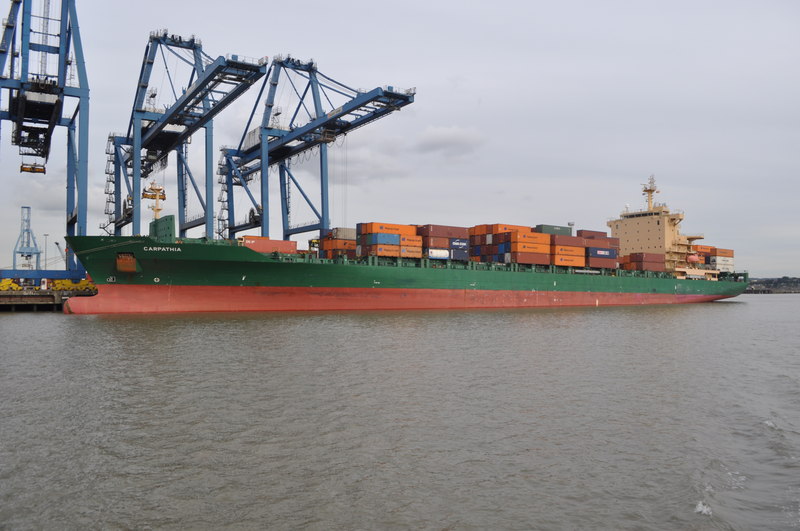Lack of Brexit border controls 'risks disruption' to UK supply chains, mainly food

The lack of Brexit border controls is risking disruption of UK supply chains, according to a new report released by the British Retail Consortium.
The group said there needs to be wider recognition of the "complexity and scale" of the challenge pertaining to future customs controls.
It said there needs to be significant investment required in the UK’s ports, roads and infrastructure to get "systems ready" for Brexit, and a suite of new agreements supplementing customs necessary to side-step additional red tape at ports and docks and prevent delays to goods.
European supply chains are a key part of delivering the goods that UK consumers buy every day. The majority of those goods are ones that need to be transported quickly, particularly food.
The BRC said this means the UK needs a system of controls after Brexit which ensures that products can continue to be imported without delays, disruption or additional costs, which would affect availability on the shelves, increase waste and push prices up.
The BRC said it is essential to ensure UK consumers are able to buy the products they want after Brexit.
With annual customs declarations in the UK estimated to rise from 55 million to 255 million from March 2019, a no deal Brexit could mean new delays at ports of up to two to three days, the group warns.
Helen Dickinson OBE, Chief Executive of the BRC said: “A strong deal on customs is absolutely essential to deliver a fair Brexit for consumers. Whilst the Government has acknowledged the need to avoid a cliff-edge after Brexit day, a customs union in itself won’t solve the problem of delays at ports.
“So to ensure supply chains are not disrupted and goods continue to reach the shelves, agreements on security, transit, haulage, drivers, VAT and other checks will be required to get systems ready for March 2019.
“We want to work with the Government to develop a system which works for consumers, so that there’s no difference in terms of the availability of affordable, quality products when they make purchases or visit stores post-Brexit.”








